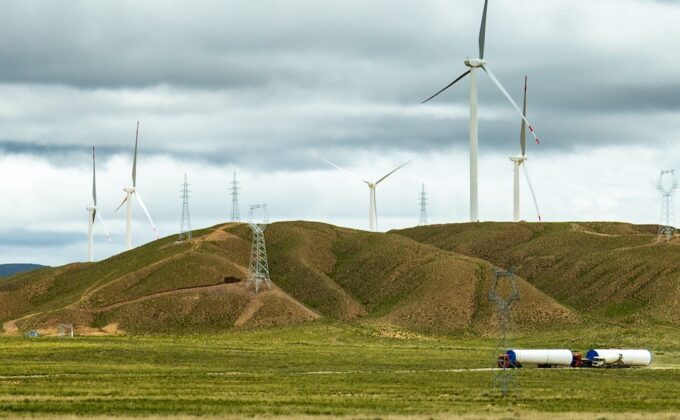Filter >>
Content Filter:
Electric utility regulators are paying closer attention than ever before to individual distribution system investment decisions, in part because of the rapid growth in distributed energy resources and the need for new grid modernization investments. To achieve the best… View Summary +

Significant new uncertainties and options for the gas industry are creating new challenges for regulators who are responsible for ensuring that utility investments are in the public interest. Many of the unknowns relate to the potential for customers to… View Summary +
The burning of fossil fuels for heat accounts for a significant portion of greenhouse gas emissions and burdens many families and businesses with high energy costs. Meeting climate and equity goals requires that we find effective and affordable pathways to… View Summary +

To meet its 2050 climate goals, Europe will need to purge its power sector of carbon emissions by the mid-2030s. This means integrating renewable energy resources such as wind and solar at an unprecedented scale and pace. Only one path… View Summary +
A growing number of states have considered reforms to their net metering practices in recent years, a period of decreasing prices for distributed energy resources, rapid changes in technology and evolution of the electricity system. Depending on its… View Summary +
The European Union is entering a crucial decade in its energy transition, with the 55% climate goal representing a step change in ambition. Energy efficiency is expected to play a major role in achieving necessary reductions in energy consumption across… View Summary +
Net metering with monthly netting — a simple billing mechanism for distributed energy resources (DERs), often primarily solar PV — has existed since the early 1980s. In recent years, there has been a wide-ranging national debate about the best methods… View Summary +
Energy planners and regulators have traditionally valued the health benefits of energy efficiency and renewable energy at zero — because these benefits do not flow to energy users in proportion to usage and because decision-makers had no simple and feasible… View Summary +
Building on its commitment to peak carbon emissions before 2030 and reach carbon neutrality by 2060, China’s government recently pledged to “strictly control” coal power capacity over the next five years, before beginning to phase it out in subsequent… View Summary +

Utility regulators, whether they be veterans or new to the job, are often eager to make a positive impact on the transformation of the electric sector by addressing such areas as distributed generation and storage, electric vehicles (EVs) and carbon… View Summary +
